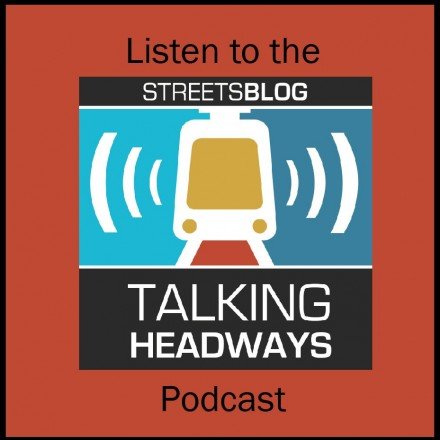The Overhead Wire Daily | Who is This Change For?
September 4, 2024
“Who is this change for?”
That’s a question I don’t think I ask myself enough when considering how urban planning is practiced. Especially during a time when we struggle to do things here in the United States faster than a snail’s pace. But it’s a good question in that it forces us to think of the issue from outside our own understandings and biases.
It’s also a question that came up more than a few times when I read items from today’s newsletter. Two pieces reference Kigali, the capital city of the country of Rwanda which in the United States and around the world is unfortunately most well known for its 1990’s genocide. An interesting but also sad because of the circumstances side note is that Rwanda has some of the highest shares of female leadership and requires it in part because 80% of the country’s surviving population from the genocide were women.
As Hakirah Hudani notes in her item for The Conversation, many of the informal settlements that made up 60% of Kigali in 2012 have been torn down and replaced with new development that displaces many. These were areas where people sought refuge during and after the genocide and mistrust still lingers under the surface. Hudani believes erasing space to create new places hasn’t been centered in healing but rather international investment and the ideas of a certain class of citizen. Equity must be considered in order to promote repair socially and physically.
African housing, planning, and development ministers have also recently gathered in Kigali to determine the best way to move forward with urbanization on the continent. The needs are enormous with an estimated 52 million units and $1.2T in investment required to support such tremendous growth. The Kigali Declaration pushes for equity and sustainable development but implementation and practice and how the rules are made will matter.
Here in the United States I ask the same question “Who is this change for?” when reading Henry Grabar’s great piece on the decline of school buses and non auto trips to school. In order to cut budget in places like Cypress Texas, school buses have been cut back so much that the car lines outside of schools are wasting people’s time and filling the air with exhaust as they stretch on and on.
The school district saved $4m, but was it worth it? The deficit savings on school buses probably could be added up from a week of lost productivity among all the parents waiting to drop kids at school as well as the reduction in particulates. So who was the change for? Administrators? Tax payers? Certainly not the kids in school.
Planners and advocates face tough challenges fraught with politics and pushback when advancing needed improvements. We need more homes, bike and bus lanes, and renewable energy but as Jerusalem Demsas discussed in the Atlantic, the rules and processes are decentralized and delegated to make saying no easier than saying yes. I mostly agree and feel there’s an argument for stripping tedious rules for the greater good, but we shouldn’t lose sight of the people who don’t have a voice and those that deserve to keep their social ties and heal as the physical environment changes around them.
So maybe a good question to ask ourselves is who is this change for? Is it for the future or the past? Is it for sharing or hoarding? Is it for us?
***
For this intro post and more news in your inbox every morning, sign up for a two week free trial of The Overhead Wire Daily, our popular newsletter established in 2006.



